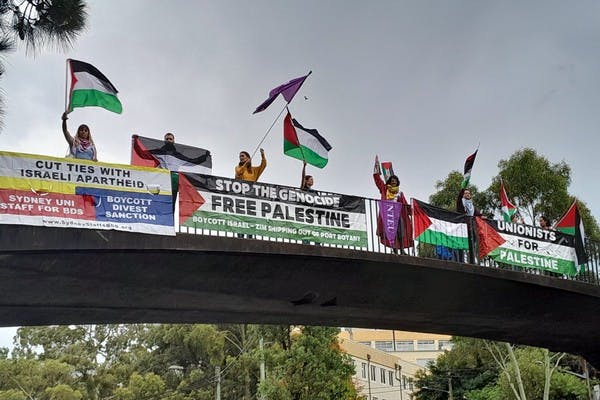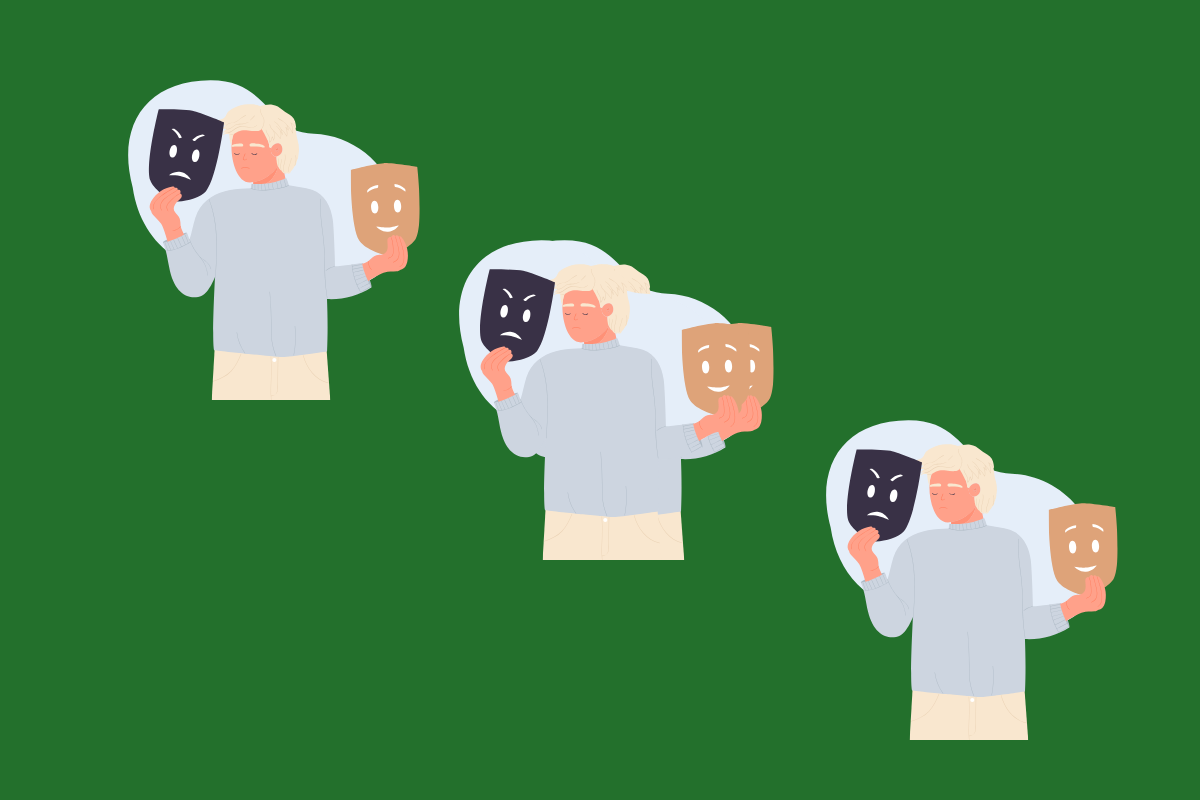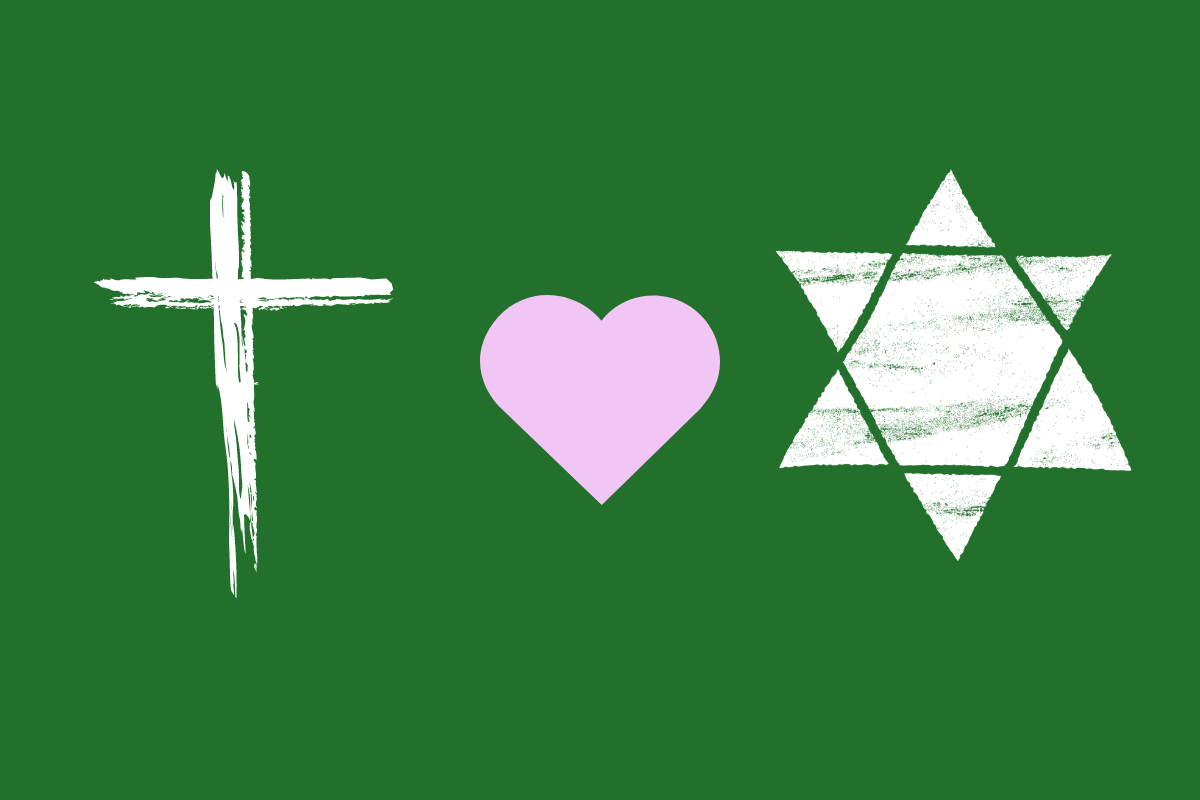Published: 4 November 2022
Last updated: 5 March 2024
A community initiative inspired by a rabbi's sermon is feeding, housing and helping to heal vulnerable asylum seekers.
On Yom Kippur 2016, the Temple Beth Israel rabbi delivered a sermon about living the Jewish values of tikkun olam (repairing the world) and kavod ha’briyot (the recognition of human dignity).
While many would have let the words go in one ear and out the other, a group of the synagogue’s women members decided to step out of their comfort zone.
They formed Project Dignity on the basis that “looking at the injustices of history through a Jewish lens alone will not repair the world or make it a safe place”.
Co-coordinator Nicole Brown says Project Dignity’s original vision was to “gain a deeper understanding of the difficult and uncertain lives of refugees and how we, as a community, can play a role in supporting them”.
From its early days, Project Dignity committee member Dr Karen Dunwoodie, from Deakin University’s Centre for Refugee Employment, Advocacy Training and Education (CREATE), partnered with Major Karen Elkington, at the Salvation Army’s Asylum Seeker and Refugee Service, to connect the group with students who had arrived in Australia by boat as unaccompanied minors.
Co-convenor Elly Brooks, who joined Project Dignity in 2018, tells the story of one such boy, Ali (not his real name) whose mother put him on a boat to Australia from Afghanistan when he was just 12 years old.
"Lockdown brought back a lot of the trauma for these people."
Elly Brooks Project Dignity Co-Convenor
“The family were Hazara background, so they were being persecuted,” says Brooks, whose mother was a Holocaust survivor.
Ali is now at university on a scholarship, after starting his life in Australia in a detention centre. Asylum seeker students aren’t eligible for government subsidies or HECS, and can’t afford international student fees, so they rely on scholarships to enter university.
Brooks, who is also on the board of the Melbourne Holocaust Museum and volunteers with Rwandan Tutsi genocide survivors, describes Ali as “one of our boys”. He lived in her home for some time.
“They’re such lovely, impressive kids who just work hard from the moment they arrive here,” she explains. “They’re extremely mature for their age, so as students, they are the cream of the cream.”

With the help of a small, interfaith government grant, Project Dignity worked with the Salvation Army to bring refugee students and families together in social groups, picnics and outings.
But the outbreak of Covid-19 saw the fledgling group morph as crisis relief became necessary, especially for the cohort of asylum seekers who had arrived in 2015 by boat. Some of these vulnerable youngsters had even been living in their cars while attending lectures.
“Lockdown brought back a lot of the trauma for these people,’ Brooks says.
She and Brown quickly swung into action to coordinate food, the most pressing need for the students and families without access to any of the government support other members of the community had been granted.

Initially, Project Dignity connected with Pinos at the Prahran Market and a few other stalls which donated unsold fruit and vegetables. Resources were also gradually shared with charitable organisations including the Father Bob Maguire Foundation, Foodfilled, Viva La Vida, Leaf Store Elwood, C Care, the Port Phillip Community Group, Impact for Women and Fareshare.
Meals were packaged in labelled takeaway containers and stored in Brooks’ freezer. Volunteers then delivered them throughout the lockdown period together with any donated staple items to enable families to prepare their own meals, which understandably, they preferred.
Based out of Brown’s garage, about 300 meals a week were produced in this way.
In September 2021, the arrival of Afghan refugees evacuated from Kabul to Melbourne brought a new challenge.
“These were people with their families who had been working for the Australian Embassy in Kabul,” Brooks says. “Their lives were in immediate danger from the Taliban.”
Placed in temporary student accommodation in city hostels or hotels, it was pandemonium.
“Some of the hotels had tiny kitchenettes for cooking, but there was also accommodation with just one kitchen for everyone,” Brooks relates. “Hundreds of people had to take turns going downstairs. As the children couldn’t go to school, they’d hang around Swanston Street. It was crazy.”
Unlike the asylum seeker students, the Afghan refugee cohort were eligible for Centrelink, but it still wasn’t enough to cover all the basics, especially for larger families.
“Their money didn't go very far,” Brooks confirms. “We supplemented them with whatever we could. If we could find fruit or vegetables, we’d drop that off. If we could give them a few frozen meals to heat up, it would just help fill the gaps.”
"Even if you support just one family or one person financially or emotionally, you’re making a difference. And what you get back is so much more."
In addition to food, Project Dignity kept up the social contact for isolated scholarship students with an online film club and discussions in a safe environment. In addition, the group liaised with Deakin CREATE to support refugees with overseas qualifications to network and find meaningful work.
Having lived in hotels during Melbourne’s lockdown at no cost during their first three months in Australia, the resident families were then told to “go and find their own accommodation or start paying the hotel rate”.
Brooks says she started getting calls asking for help, so decided to negotiate the Australian housing market for the Afghan refugee families herself.
She found open houses in Dandenong, with its strong Afghan community, and built contacts with the local real estate agents. “We’d go and look at the houses and then the next family would ring. ‘I heard you helped a family find a house. Could you help me?’”
Project Dignity members also provide weekly mentoring sessions on an individual basis via zoom or in person with refugee participants from the Deakin CREATE program and their families. “We currently have over 50 pairs teamed up for weekly conversations,” Brooks says.
While many of the refugees now live a relatively normal life, Project Dignity continues to support them if necessary. Meanwhile, new arrivals into and out of detention must be catered for.
Operating from the old fire station in Elsternwick, which has generously been leased by Woolworths, a volunteer team of 25 people packs and makes deliveries each week.
“We currently offer support to over 250 individuals in 50 households across Melbourne,” Brooks says. “We provide fresh and non-perishable food and essentials, as well as assistance with finding houses to rent, schools for their children, English conversation and help sourcing items such as clothing, blankets and furniture.”
Brooks says the Woolworths site has a wonderful indoor space with four freezers and four fridges for packing and distribution, but at some stage, Project Dignity will have to relocate when the supermarket chain decides to redevelop it.
“We need a new premises and more volunteers,” Brooks says. “And we need financial assistance to keep buying food, because we have to buy whatever isn’t donated, including fresh fruit and vegetables.”
For their part, the refugee families always invite volunteers in for cups of tea and their children sit around. “If I told my children to come and greet visitors who speak another language, they'd probably say, ‘I’m busy’,” Brooks says. “Not these children”.
As soon as they get work, the families are quick to request it go to somebody else. “It’s always very exciting when they become independent,” Brooks says.
“We speak of tikkun olam — repairing the world. Even if you support just one family or one person financially or emotionally, you’re making a difference. You’re helping to repair the world. And what you get back is so much more.”
For more details, email projectdignityau@gmail.com
Photo: Elly Brooks collects donated food from Pino's Fine Produce at Prahran Market for Project Dignity (Deborah Stone)



